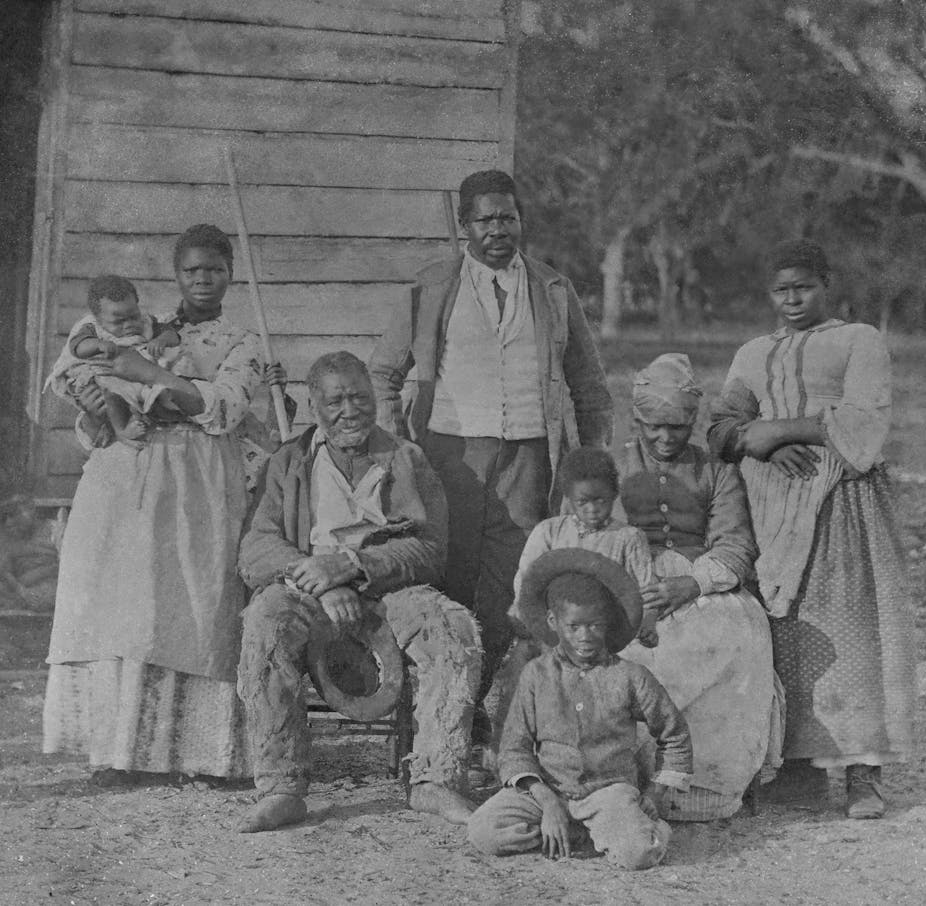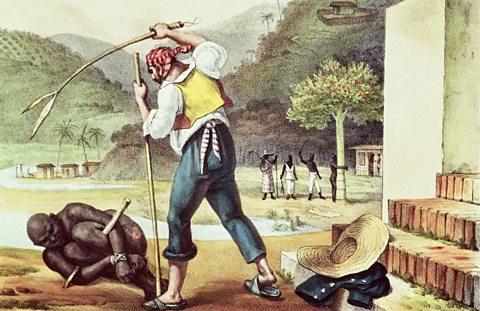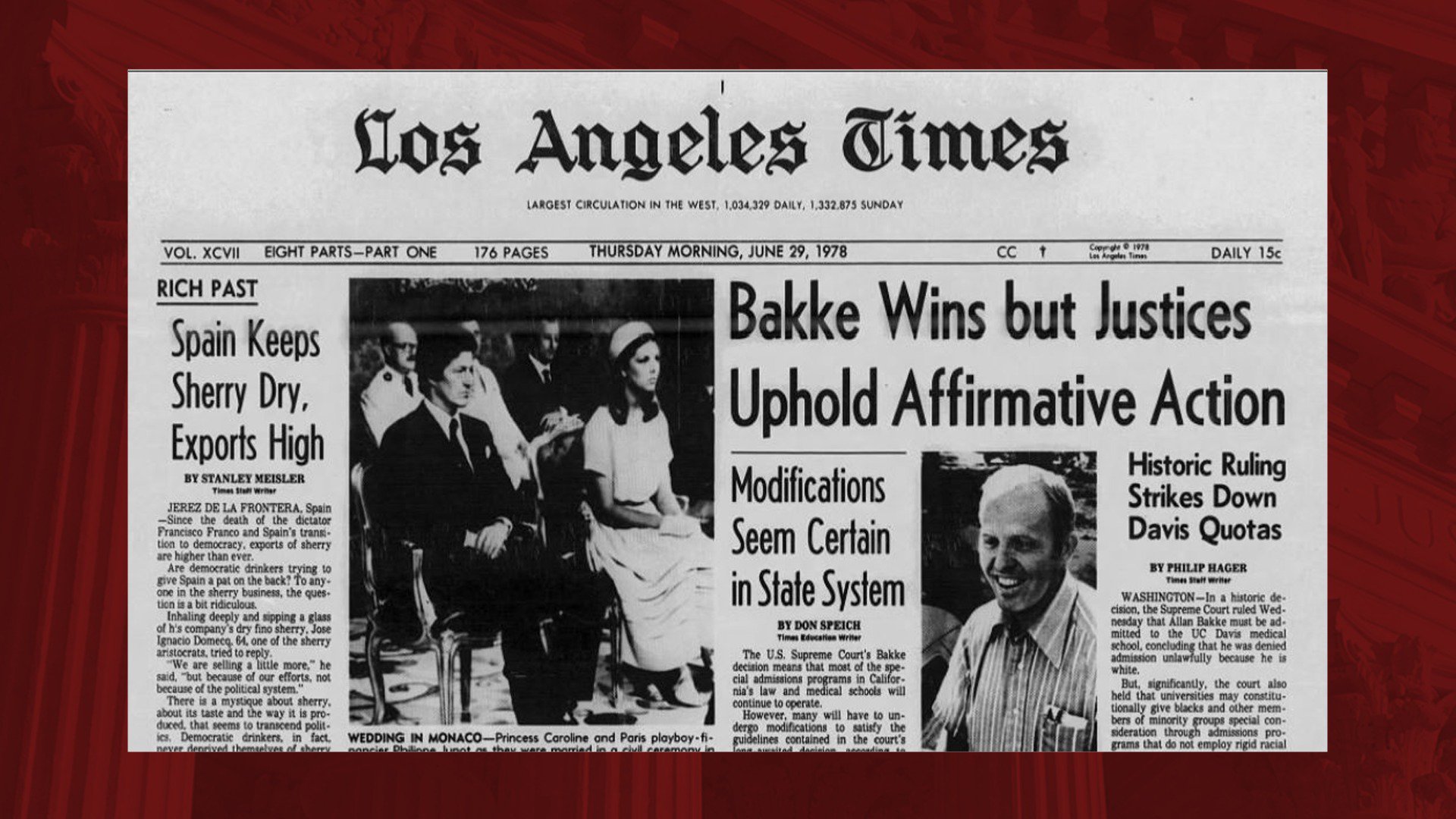I come here today to speak upon the history of slavery, not only in the state of North Carolina, but the country of America, and even greater, the world.
I stand here to defend John Mann, a slaveowner who shot and injured one of his own. Why would you be defending an attempt of murder you might ask? Well, this was no attempt at murder, this was a simple action that in the history of slavery was seen as a way of life, a way of living.
Slavery has been apart of the history of the world since the dawn of civilization. The practice of human slavery itself grew as the world became more civilized, more vibrant. Sumer was thought of as the birthplace of slavery, which then grew into Greece and parts of ancient Mesopotamia.
When slavery began in America, it primarily was centered in the South, but don't get me wrong, it was still country-wide. The practice of slavery became a universal way of living. Slaves, because they were black, were considered property, and this status as property was heavily enforced by violence.Like a typical master and slave relationship, everyone knew the slaveowners were responsible for the punishment and discipline of their slaves. Slaves were punished for almost every little detail they did wrong, they were punished for not working fast enough, being late to the fields, defying authority, and most importantly, an attempt to run away. But, how were they punished? Slave masters could punish their slaves in multiple different ways. While the punishments from owner to owner differed in their own ways, it was universal across all slaveowners; slaves were meant to be bossed around, meant to be put to work, and meant to be punished. Some of these punishments included but were not limited to torture, whippings, imprisonment, being sold away from the plantation, and the worst of them all, murder.
Even in the state of North Carolina, to remind you, a southern state, slavery has been apart of the area since the late 1600s. North Carolina had specific colonial laws that existed in which white enslavers and politicians enacted, in order to control enslaved people. The North Carolina Slave Code of 1715, required that enslaved people carry a ticket from their enslaver whenever they left the plantation property, it also prevented them from gathering in groups and required white people to help capture the escaped slaves. In another law, it was stated that any freedom-seeking enslaved person who refused to surrender themselves immediately were ought to be killed and there would be no legal consequences.So, if punishment was part of the norm, why was John Mann receiving so much backlash about his interaction with his slave, Lydia? This is what I am here to convey to you. John Mann was acting as any other slave master at the time, no different than one across town, across state borders, or even across the world. This was a time period where slaves were not free, and most importantly everyone knew this, even you sitting here today. John Mann did no wrong in his actions. While you may say that his action is unjust and cruel, slaves belonged to their masters, they were not people, they were property, and because of this, Mann's actions were completely justified.
Take a minute and put aside the context of emotion; slavery was life and slavery was legal. Other than the fact that Mann's actions were emotionally and physically cruel, there is no legal justification that supports him being convicted. John Mann is not guilty, and shall not be charged or punished for how he chose to handle his own slave






No comments:
Post a Comment